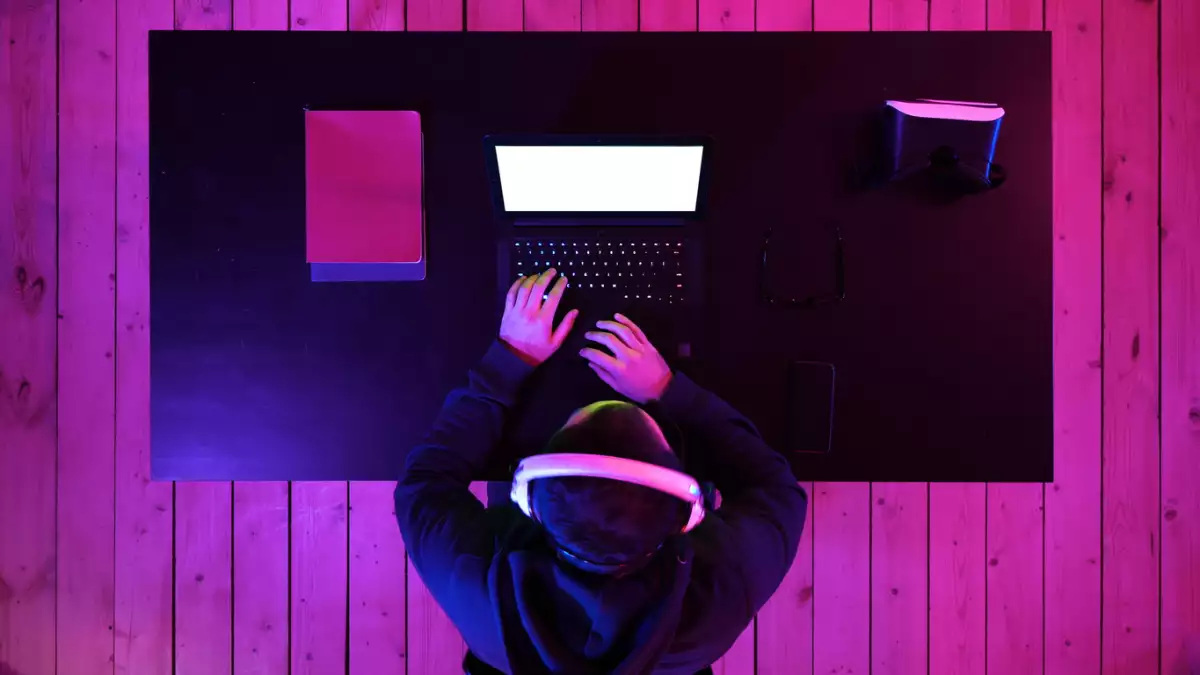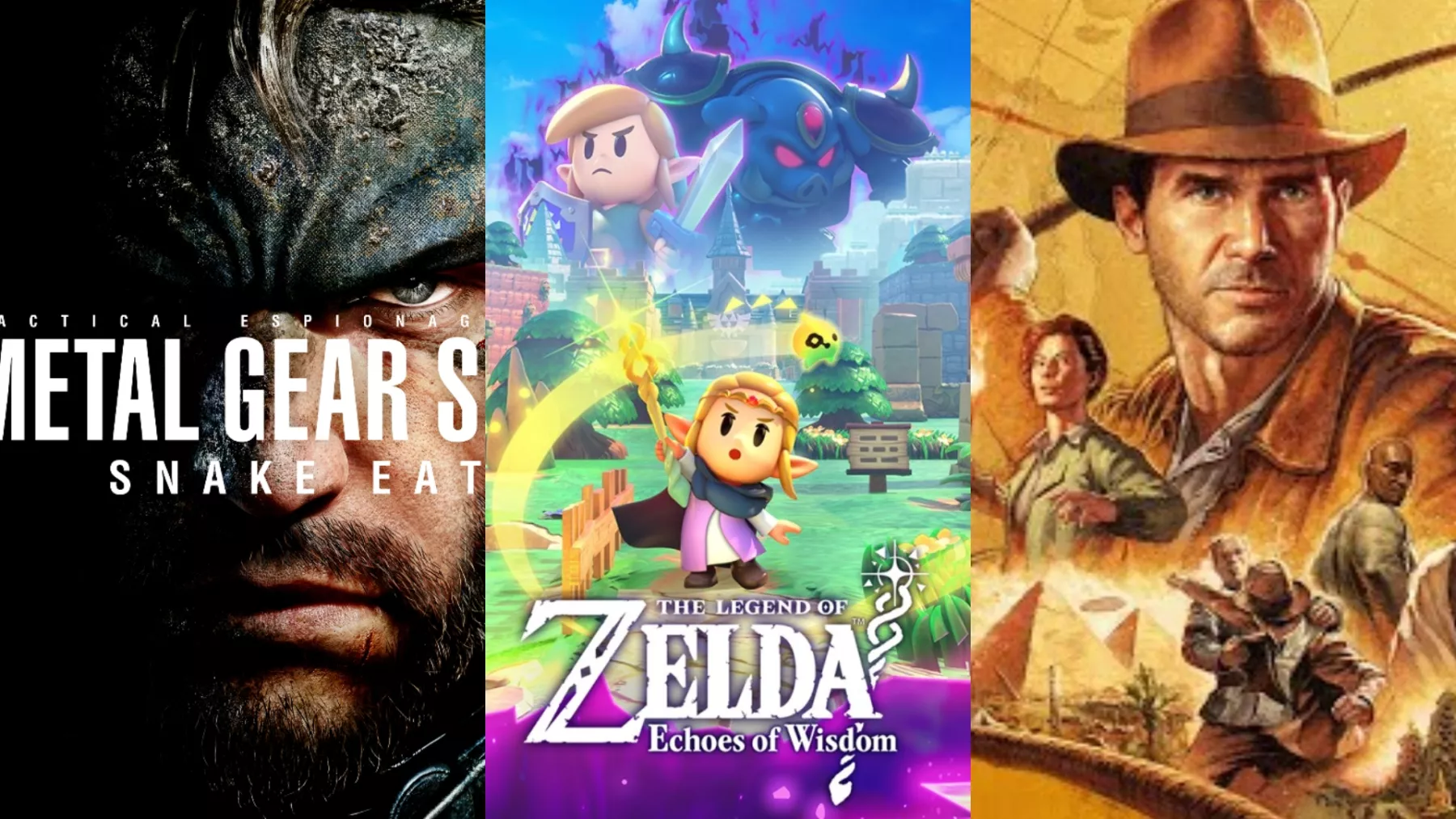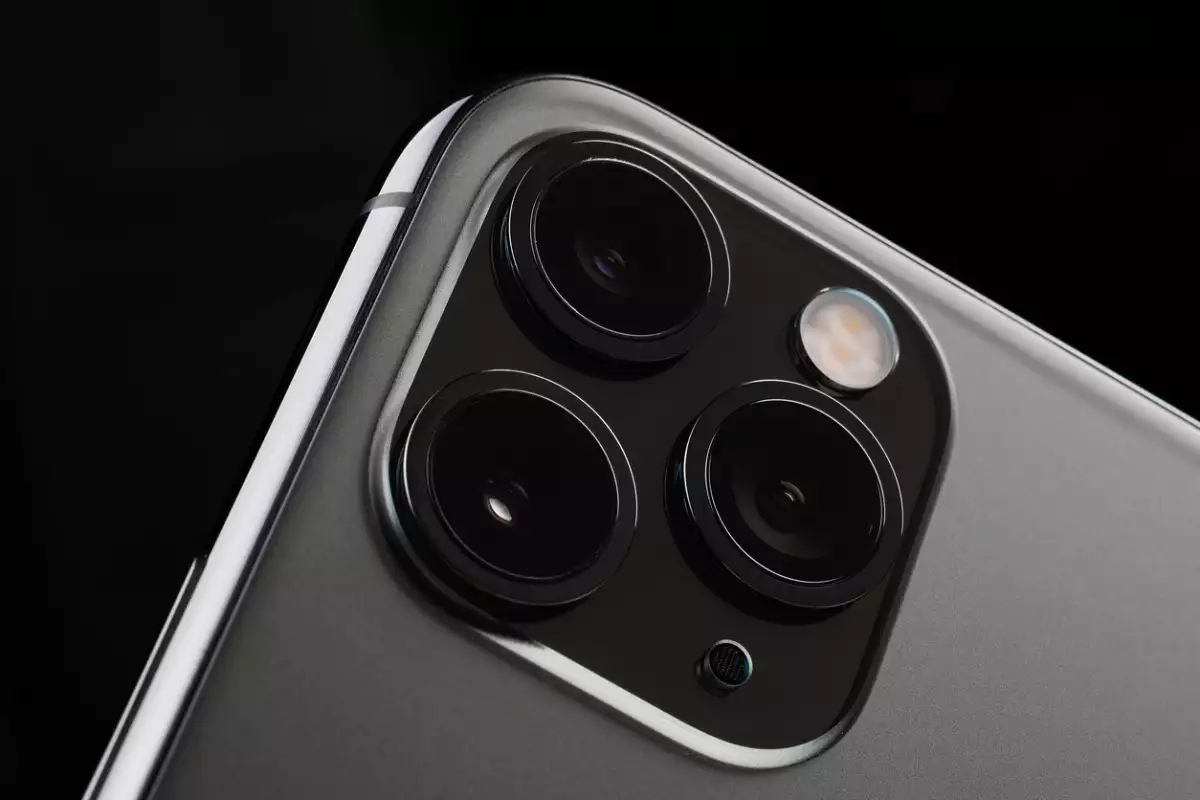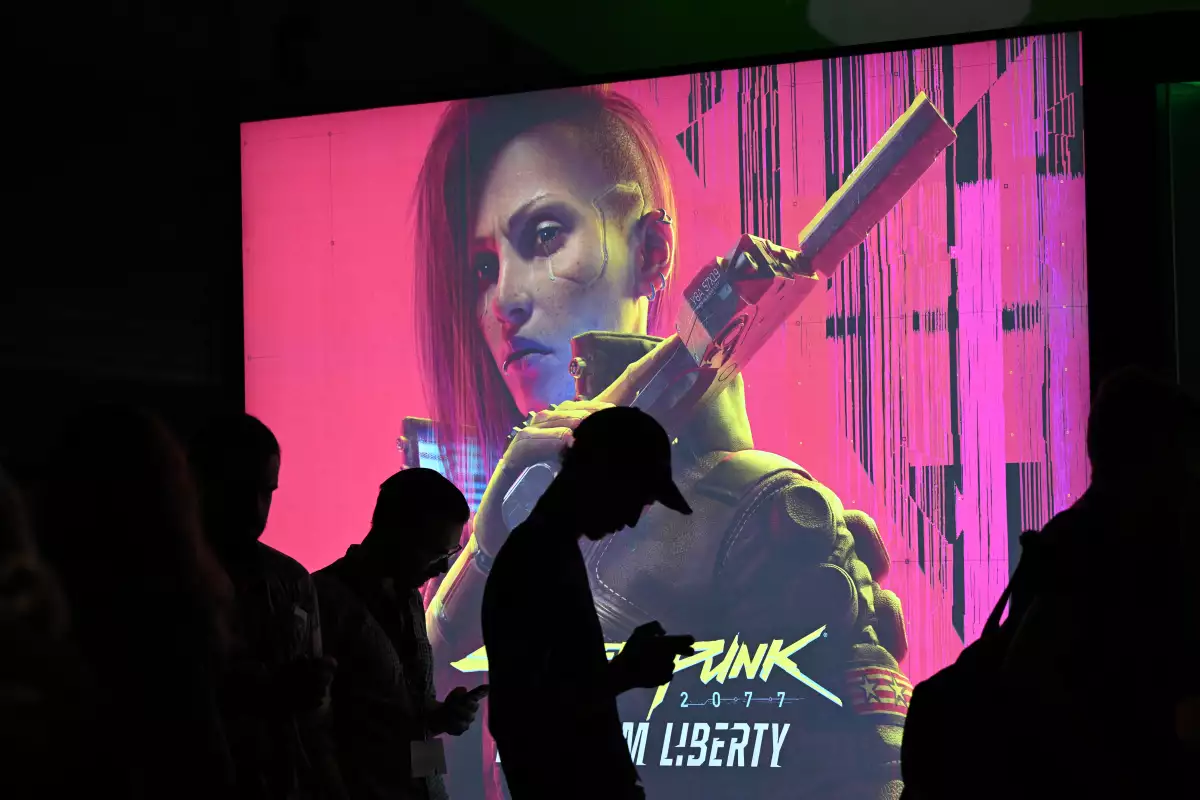
Artificial intelligence: an unexpected character in the world of video games
AI systems make it possible to create highly responsive conversational robots, automatically generating images, codes or scripts.
The emergence of artificial intelligence (AI) in the video game sector opens up new avenues and opportunities, but also raises concerns , with challenges linked to intellectual property and employment.
AI systems can be used to create highly responsive conversational robots, automatically generate images, codes or scripts. AI is at the centre of discussions at the Gamescon video game fair, which is bringing together thousands of people until Sunday in the German city of Cologne.
"AI is truly a game changer," says Julien Millet, an AI engineer and founder of the United Bits Game studio, at the fair.
The new technology is also capable of instantly producing illustrations from text, which Millet says allows creators to better "convey" their vision.
But AI could also threaten the jobs of concept artists , who visualise the game before creating it digitally. “I am worried about those jobs,” Millet admits.
"Integral part" of everyday life
Gamescon is a time for video game studios to show off their latest creations. Many gamers come dressed in fancy dress and crowd around the various stands to try out potential new hits, which this year include some featuring artificial intelligence .
Club Koala, for example, from Singaporean studio Play for Fun, offers players to "create their own dream world, an island paradise (...) with unique characters" using AI.
"AI has become an integral part of everyday life" and has "enormous potential to take the gaming industry to the next level," CEO Fang Han said in a statement.
Berlin-based Ivy Juice Games is another studio already using AI in its creation process . "We use it to 'generate lines of text, to introduce more narration into the game,'" Linus Gaertig told AFP during the event. The studio also uses the technology to 'generate code,'" he added.
AI "makes the game more unpredictable and therefore more real-looking," says Sarah Brin of Kythera AI, which uses the technology to create character movements.
Intellectual property
American chipmaker Nvidia has unveiled ACE, a software aimed at developers to create " intelligent characters in games " using AI.
In its promotional video, a player speaking into a microphone engages in a conversation with a virtual ramen chef in a sci-fi bar. How is the chef doing? “Not too well,” is the response, citing concerns about rising crime in the area.
The use of AI to create virtual worlds could, however, conflict with intellectual property rights over the original images used to produce them.
“If you’re a big publisher and you’re using generative AI and it turns out to violate certain copyrights, you’re vulnerable,” says Kythera AI’s Sarah Brin. Unlike many of its competitors, the company chose not to train its AI on open databases.
In the United States, a class action lawsuit has already been filed by artists against Midjourney, Stable diffusion and DreamUp, three AI models created from images extracted from the Internet.
Leave a comment:

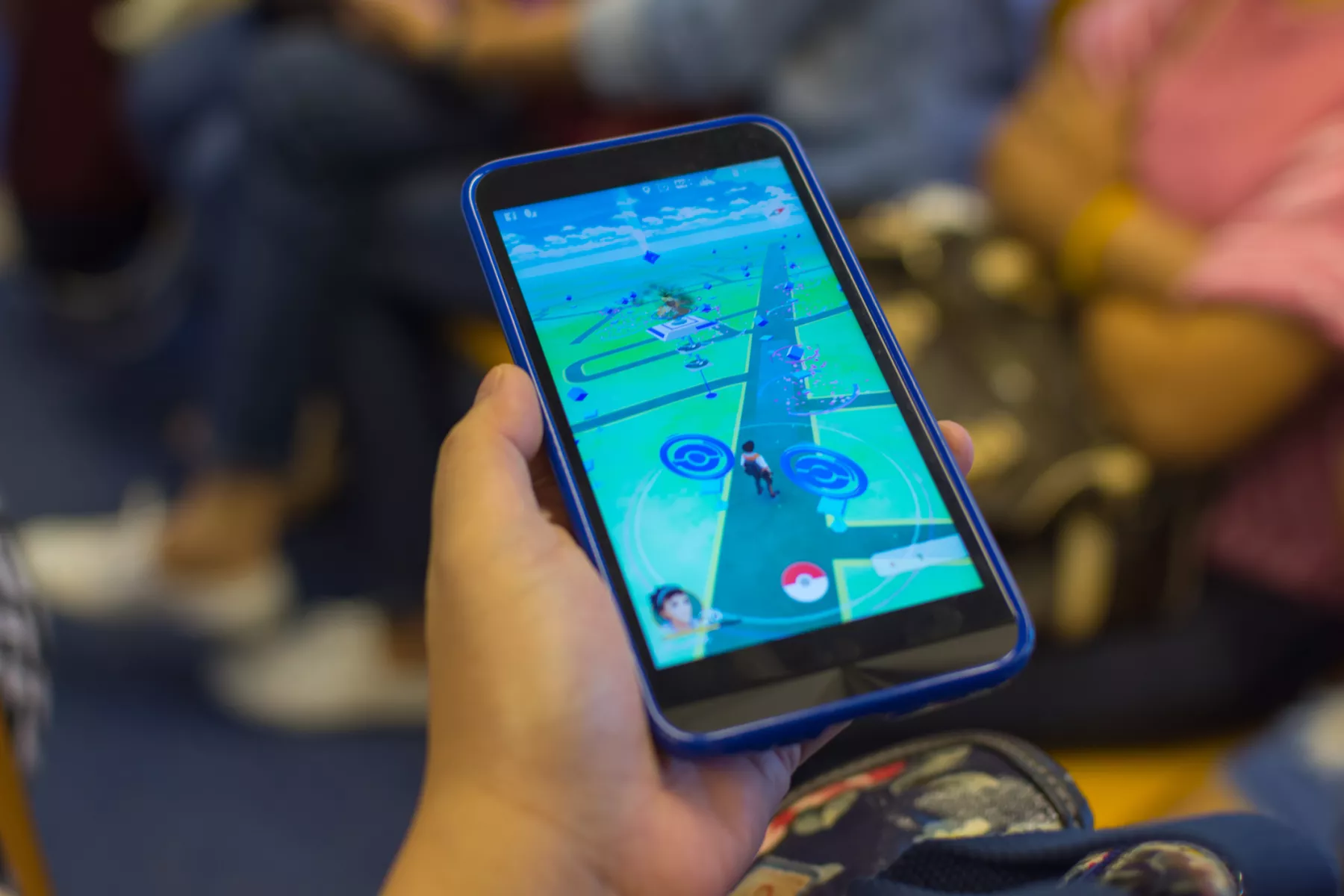
Tranding News


